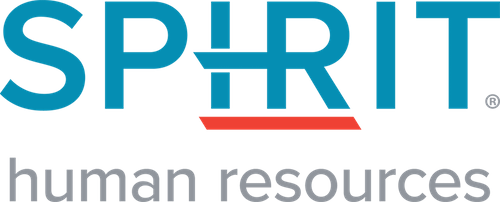
A federal judge recently blocked a significant rule change that would have increased the salary threshold for “white-collar” overtime exemptions, less than two months before it was set to take full effect. The U.S. Department of Labor (DOL) was found to have exceeded its authority by proposing a two-phase increase (from $35,000 to $44,000, then to $59,000) and implementing automatic adjustments every three years. The court struck down not only the January 1 increase to $59,000 but also the $44,000 threshold implemented in July, reverting the salary level to approximately $35,000. Although the DOL may appeal, it is unlikely the incoming Trump administration will pursue the legal battle, leaving employers to reassess their compensation strategies. Below are key details on the ruling and critical questions for employers moving forward.
What’s Next?
The DOL may appeal the ruling, but with President-elect Trump taking office in January, the rule’s future is uncertain. Historically, the Trump administration has opposed broad overtime expansions, opting for more modest increases. The blocked rule provides the incoming administration ample time to propose an alternative or scrap the changes altogether.
5 Questions To Consider
1. Have You Already Made Changes?
If you’ve adjusted salaries or employee classifications, reversing these changes may harm morale, even if legally permissible. Before rolling back changes, consider the potential appeal and state laws requiring advance notice of wage modifications.
2. Were You Waiting to Act?
Employers who delayed action until January now have the flexibility to pause implementation. Communicate carefully with employees, particularly if you previously announced the changes, to maintain trust.
3. Should You Proceed Anyway?
Employers who budgeted for the changes may opt to implement them regardless of the legal ruling, as the new salary levels represent minimums. Maintaining non-exempt status for reclassified employees is also an option, provided compliance with wage laws.
4. Would a Hybrid Approach Work?
Employers may benefit from tailoring solutions to different job types or departments while ensuring consistency to avoid potential discrimination claims.
5. Is It Time to Review Exemptions?
The publicity surrounding the ruling may prompt scrutiny of exemption classifications. A review of job duties and exemption statuses can mitigate risks.
As always we are here to help you weigh these factors carefully to determine the best course of action while monitoring further developments in this ongoing legal and regulatory issue.
Is Your HR Working for You?
Latest Blogs from Spirit HR
Are You Wasting Money on HR? The Hidden Costs of Payroll, Benefits, and Compliance
The Hidden Costs of Managing HR the Old Way Many business owners believe they can’t afford a PEO (Professional Employer Organization). The truth? They’re already spending the money—but in an inefficient way. Most businesses rely on multiple HR service providers to...
Experience the New and Improved Spirit Connect
Running a business is hard—but managing HR doesn’t have to be. At Spirit HR, we are committed to making workforce management simpler, more efficient, and more intuitive for our clients. That’s why we’re excited to introduce new technology upgrades to Spirit Connect,...
Excellence in Action: How Spirit HR Achieves Near-Perfect NPS Scores
At Spirit HR, excellence isn’t just a goal—it’s the foundation of everything we do. Under the leadership of our President & COO, Marilyn Conyer, we’ve built a culture that drives exceptional service, reflected in our near-perfect Net Promoter Scores (NPS). In a...
